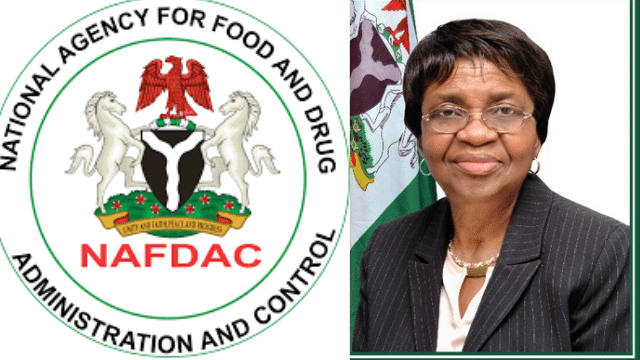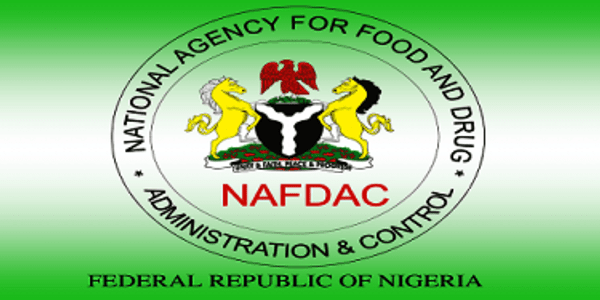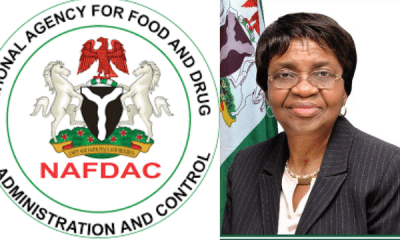Nigeria News
Chronic Diseases: NAFDAC Takes Fresh Action On Pre-Packaged Fatty Foods

The National Agency for Food and Drug Administration and Control (NAFDAC) on Monday took a fresh step on pre-packaged foods with fats and oils in the country.
The agency, as gathered by Naija News, reviewed regulations concerning pre-packaged food labeling because of their effect on high rates of Non Communicable Diseases (NCDs) like hypertension, heart disease, stroke, cancer, diabetes, and chronic lung disease, among others.
The agency, at a press briefing, announced the gazette of reviewed Fats, Oil, and Food containing Fats and Oil Regulation 2022 and Pre-Packaged Food Labelling Regulation 2022.
The new regulation, according to the Director General of NAFDAC, Prof. Mojisola Christiana Adeyeye, nullifies the 2005 versions of the standards, which is repealed without jeopardising whatever was purportedly done in the spirit of the old versions.
Adeyeye explained that it has become mandatory for the agency to implement the new regulation because of the alarming rate of deaths caused by these chronic diseases, which are mostly related to the consumption of excess trans fat ignore packaged foods.
She cited the World Health Organisation (WHO) statistics, indicating that NCDs are responsible for 74 per cent of all deaths worldwide.
She revealed that NCDs are estimated to account for about a quarter of total deaths in Nigeria, and the probability of dying between ages 30 and 70 years from the main NCDs is 20 per cent.
The NAFDAC boss said , in real terms, more than 36 million people die yearly from NCDs, stating that cardiovascular diseases (CVDs) are the number one cause of death, accounting for 17.5 million deaths annually.
Adeyeye said WHO, at the 2018 World Health Assembly in Geneva, Switzerland, called on countries to eliminate industrially produced trans fats – Trans Fatty Acid (TFAs) from global food supplies.
She said the United Nations agency released an action package called ‘Replace’, which includes policy recommendations and interventions for governments, which the WHO has recommended as one of the two policy pathways for implementation.
Either banning the use of partially hydrogenated oils – the source of industrially produced TFAs in all foods or; setting limits on the amount of industrially produced TFAs to not more than two per cent of the total fat content in all foods.
Therefore, the agency and in collaboration with the Federal Ministry of Health, Federal Ministry of Justice, and the Trans-Fat Coalition Partners in Nigeria, through the new regulations, are working to achieve the two-pronged pathways.











